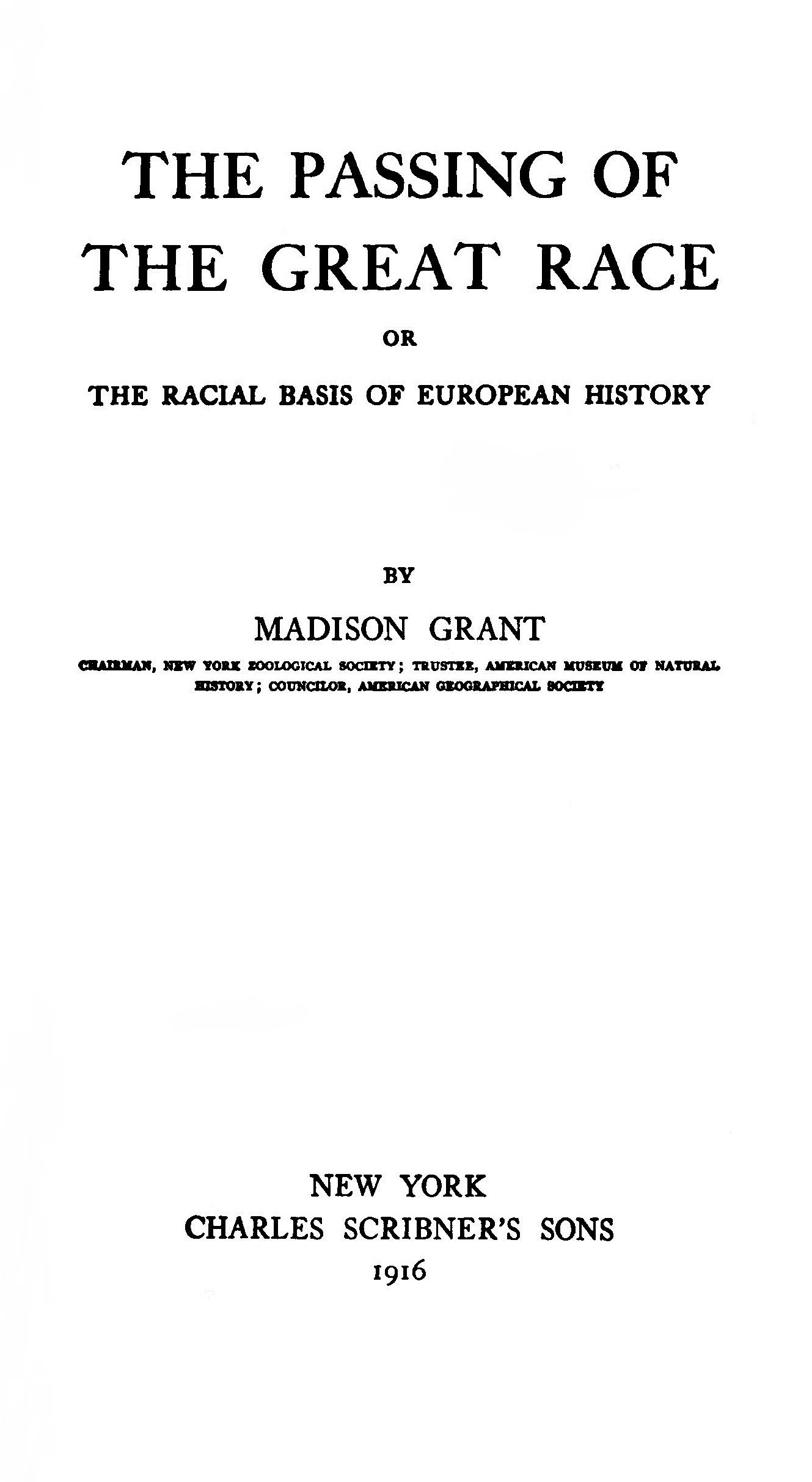Takeaways from Episode 1 of “The U.S. and the Holocaust”
Published September 19, 2022
Within the first 10 minutes of Ken Burns’ “The U.S. and the Holocaust” I knew that I was going to learn things I never knew.
Part One starts with the U.S. government’s enactment of the Chinese Exclusion Act of 1882, the first time that admission to the United States was limited for people not born here. It concludes in 1938 just after Germany invades and occupies Austria.
My main takeaway was how U.S. public opinion opposed to immigration in the early 1930s was driven by outright racism and antisemitism, which even included officials inside our government. Denying visas had the effect of denying admission to, among others, Jews in Europe trying to flee the growing Nazi threat.
ADVERTISEMENT
But the episode’s greatest impact on me was the rapid growth during the Great Depression of U.S.-based Nazi supporters and other racist groups and the spread of fake-science claims that non-whites were biologically inferior to whites. This became known as the “eugenics movement.”
Burns throws out big names such as Rockefeller, Carnegie and even Helen Keller as some who supported and funded research into the American eugenics movement, but really focused on one man in particular — one man I had never heard of until last night, Madison Grant.
Madison Grant
Madison Grant was a key figure in the history of the National Park Service who left behind a troubling legacy. And it’s this legacy that Burns ties to the eventual rise of Adolf Hitler and his belief system.

ADVERTISEMENT
While Grant supported environmental conservation and worked to protect plant and animal species like redwood trees and the American bison, he is best remembered for his support of eugenics.
In 1916 he wrote a book entitled “The Passing of the Great Race,” in which he spread racist ideas that he claimed were scientific.
His philosophies influenced policymakers of the day, who used the ideas of Grant and those who agreed with him to restrict immigration and to control people’s ability to have children.
What is eugenics?
“Many white protestant Americans came to fear they were about to be outnumbered and outbred by the newcomers and their offspring. That they were being replaced,” said the filmmakers in a narration by Peter Coyote. “They embraced a new pseudo-science born in Great Britain called eugenics.”
Literally meaning “to be well born,” eugenics is the belief that a society should improve itself by controlling people’s reproduction. Eugenicists believed that some groups of people should be prevented from having children.
Madison Grant was among those who invented elaborate systems for classifying people based on their real or perceived disabilities. Further, Grant and other eugenicists argued that certain racial groups were superior to others.

Grant alleged that this supposed “Nordic race” was in danger of going extinct. He claimed, without evidence, that immigration and racial intermarriage caused crime and political corruption. According to Grant’s racist hierarchy, any mixing between “Nordics” and the other groups he saw as inferior could not be tolerated. He believed it would doom the United States.
“For Grant and many others, Jews were a distinct race, not considered white, dismissed as uncouth Asiatics,” said Burns, via narrator Coyote in Episode 1.
Roosevelt quote
Another powerful moment in Episode 1, came around 17 minutes in when Burns included the following quote from an actual former President of the United States.
“I wish very much that the wrong people could be prevented entirely from breeding. And when the evil nature of these people is sufficiently flagrant, this should be done. Criminals should be sterilized and feeble-minded persons be forbidden from leaving offspring behind them,” said Theodore Roosevelt.
“The idea was that the bad people need to stop reproducing and the good people need to reproduce more. Negative eugenics says to sterilize the wrong people, snuff them out, and that is the eugenics the Nazis would pick up on,” said historian Nell Irwin Painter.
If you missed Episode 1, you can watch it online.
To accommodate this primetime addition to their schedule, the air dates for “The U.S. and the Holocaust” have been adjusted. Episode two will now premiere on Tuesday, Sept. 20 at 7 pm, followed by episode three on Wednesday, Sept. 21 at 7 pm.


















